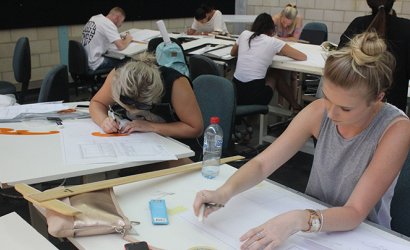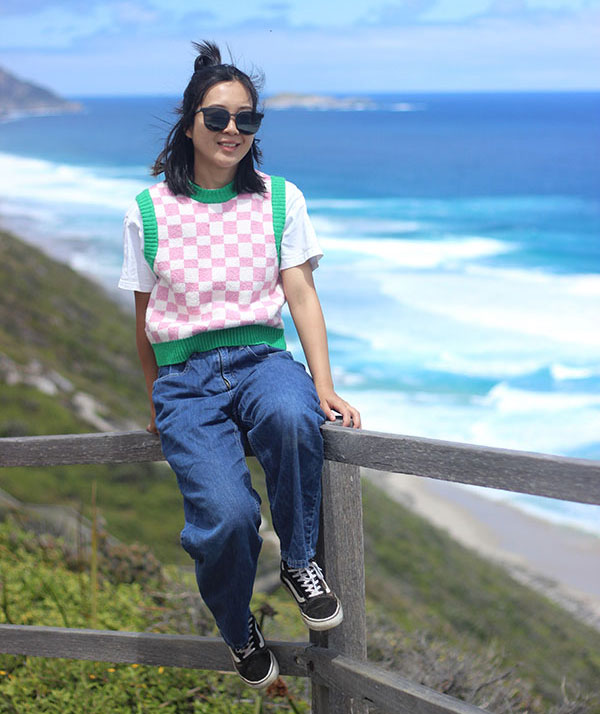

Why choose this course?
Elevate your fashion flair and business talents with our Fashion Business Management training program!
Craft your brand, fashion isn't just about style; it's about savvy business strategies. Learn the art of managing, marketing, and promoting fashion products with finesse, giving your brand the edge it deserves.
Gain the foresight to forecast trends and stay ahead of the curve in the fast-paced fashion industry.
Learn the art of fashion buying and discover how to curate collections that captivate customers and drive sales.
Master presentation, perfect your skills in fashion styling and visual merchandising, ensuring your products make a lasting impact.
Embrace the digital age. In today's digital landscape, mastering online platforms is essential. Dive deep into marketing, e-commerce, social media, and digital management to excel in the digital realm.
Bring your vision to life. Utilize digital tools and product training to develop your own fashion product line, turning your ideas into reality.
Training includes designing to simulated client briefs, working with live industry retail briefs, working within industry trend forecasting digital environments (WGSN), connecting with industry guest lecturers and industry excursions for current networking practice.
Unlock exciting opportunities. From Fashion Buyer to Visual Merchandiser, Content Creator to Stylist, Event Coordinator to Product Developer, or even Fashion Business Entrepreneur, the possibilities are endless. Choose your path and embark on a fulfilling career in the fashion industry!
Career opportunities
- Advertising and Marketing Professional
- Retail Manager
- Visual Merchandiser
When choosing a course, it's important to think about the key skills and knowledge you'll need, as well as how you'll be assessed. Take a look at this information and consider if you might face any challenges in meeting the course expectations and requirements.
- an eye for detail and creative flair.
- an interest in business and fashion.
- good time management.
- good communication skills.
-
An IELTS score (academic) of 6.0 with no band score less than 5.0 or equivalent.
-
Equivalent to Australian Year 12.
There may be further semester intakes available for enrolment. You can view any further intakes when you submit your online application(opens in a new tab).
For information about pathways from TAFE to university, view our Pathways to university page.
How to apply
Apply to study at TAFE in six steps:
- find a course;
- check entry requirements;
- submit an application;
- accept your offer and pay;
- apply for your student visa; and
- receive your visa and come to Australia for your studies.
TIWA Course Guide
A guide to studying at TAFE in Western Australia, including study options, facilities and campus locations!
Download study area guide(opens in a new tab)
Contact us(opens in a new tab)
TAFE International Western Australia (TIWA) is the Registered Training Organisation (RTO) and Commonwealth Register of Institutions and Courses for Overseas Students (CRICOS) provider, for the delivery of training to international students, enrolled in a TAFE course in Western Australia. This nationally recognised course is delivered by a Western Australian TAFE college on TIWA's behalf. TIWA retains responsibility for the quality of the training and assessment delivered by the TAFE colleges and for the issue of certification documentation to students.


